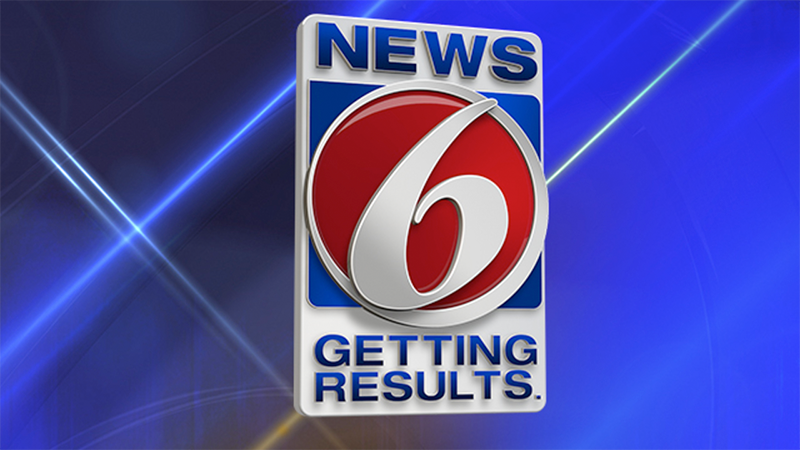A field of Democratic candidates that was at one point more than two dozen has, for the moment, been whittled down.
There are five candidates remaining, a number that will be short-lived with other candidates assuredly dropping out in the coming weeks once primaries are held and clear-cut favorites are more established.
Recommended Videos
But where do the candidates stand on certain issues?
Here’s a synopsis of the views of the candidates on the economy, health care, education, the military and on elections, according to Politico. Some candidates haven’t publicized a stance on particular issues.
The remaining candidates, in alphabetical order, are: former New York City Mayor Michael Bloomberg, former vice president Joe Biden, Hawaii Rep. Tulsi Gabbard, Vermont Sen. Bernie Sanders, and Massachusetts Sen. Elizabeth Warren.
Economy
Minimum wage - A majority of the candidates support raising the federal minimum wage to $15, but not all. Candidates that do want a $15 minimum wage are Biden, Sanders, Warren, Gabbard, and Bloomberg.
Taxes - While most of the candidates agree on raising the capital gains tax and raising corporate taxes, there are differences of opinion on how corporate taxes should be raised. Biden wants to raise corporate taxes, but keep them lower than they were before 2017.
Warren wants to raise taxes on some corporations beyond the 2017 rate.
Sanders and Gabbard want to eliminate tax breaks for offshoring, where companies shift their base to other countries in an effort to pay lower taxes than they would in the U.S.
Health care
The big issue is Medicare for All, a proposal that would move the country into a single-payer health care system funded by the federal government, instead of a multiple-grouped system paid by health insurance companies, employers and the government.
Some experts have said it would cost more than $30 trillion a decade.
Sanders and Warren are the two candidates 100% in favor of Medicare for All.
Gabbard also supports Medicare for All, but wants to take more gradual steps toward that end goal by offering cheaper options to more people.
All the other candidates oppose Medicare for All and want to offer people a chance to make their own decisions on whether they want private insurance or a government plan.
Education
Student loan debt - The candidate who has raised the most eyebrows on this issue is Sanders, who said he wants to eliminate all $1.6 trillion in student-loan debt. Supporters love the idea, but opponents of that stance want to know where the money will come from to pay for the proposal.
Warren favors canceling some student loan debt. Warren has a loan-forgiveness plan that targets lower and middle-income borrowers.
Biden and Gabbard want to expand or fix current debt-relief programs.
College cost - Gabbard, Sanders and Warren feel college should be free. Sanders wants college expenses to be funded by federal and state governments, while Warren said a special “ultra-millionaire” tax would cover the cost of four years of tuition.
Biden wants to make two years of community college free.
Military
Defense budget - Gabbard, Sanders and Warren are in favor of cutting the budget for defense. On the other side, Biden wants to increase defense spending.
Deployments - Gabbard, Sanders and Warren are in favor of bringing troops home, while Biden, and Klobuchar are in favor of keeping troops deployed.
Elections
After George W. Bush and Donald Trump won elections without winning the popular vote, some are calling for the Electoral College to be eliminated.
Sanders and Warren are in favor of eliminating the Electoral College.
Gabbard disagrees and feel the Electoral College should not be eliminated.
Biden is among the remaining candidates who hasn’t offered a stance.
